The yuan retained its position as the fifth most-used currency for global payments in July, with a share of 3.06 percent, according to the Society for Worldwide Interbank Financial Telecommunications (SWIFT) - the second time the currency exceeded the 3 percent benchmark.
The yuan's ranking showed that its internationalization has made progress, Zhao Qingming, a Beijing-based veteran financial analyst, told the Global Times on Thursday.
The first time that the yuan exceeded the 3 percent benchmark was in January 2022, when it reached 3.2 percent.
At the end of May, China completed its first purchase of liquefied natural gas using cross-border yuan settlement.
The yuan represented 5.37 percent of Brazil's international reserves at the end of 2022, the second-largest share surpassing euro, despite the US dollar's dominant status, the Central Bank of Brazil said.
In August, Argentine Economy Minister Sergio Massa said that the country would make part of its $1.7 billion debt payment to the IMF in yuan through the extension of its currency swap with China.
These cases show that the Chinese currency's use in foreign exchange reserves and payments is rising.
Wang Peng, an associate research fellow at the Beijing Academy of Social Sciences, told the Global Times on Thursday that due to US interest rate hikes and the global economic downtrend, lots of economies had chosen to diversify the currencies they use to avoid exchange rate risks.
"China's super-large market system, its advanced manufacturing and strong consumption have lifted the country's global influence and boosted the use of the yuan," said Wang.
As of press time on Thursday, the offshore yuan against the US dollar stood at 7.202. The onshore yuan stood at 7.2839. The central parity rate of the yuan was 7.1886 against the US dollar on Thursday, according to the China Foreign Exchange Trade System.
Chinese central bank officials on August 18 said that they will continue to deepen market-oriented foreign exchange rate reform and resolutely guard against the overshooting risks of the yuan exchange rate, as the yuan weakened to a new low against the US dollar in recent weeks.
Wang noted that the recovery of domestic market confidence may further expand the yuan's global use.
"It is also important to build convenient settlement approaches with multiple economic organizations and free trade pacts, including the BRICS and Regional Comprehensive Economic Partnership," he added.








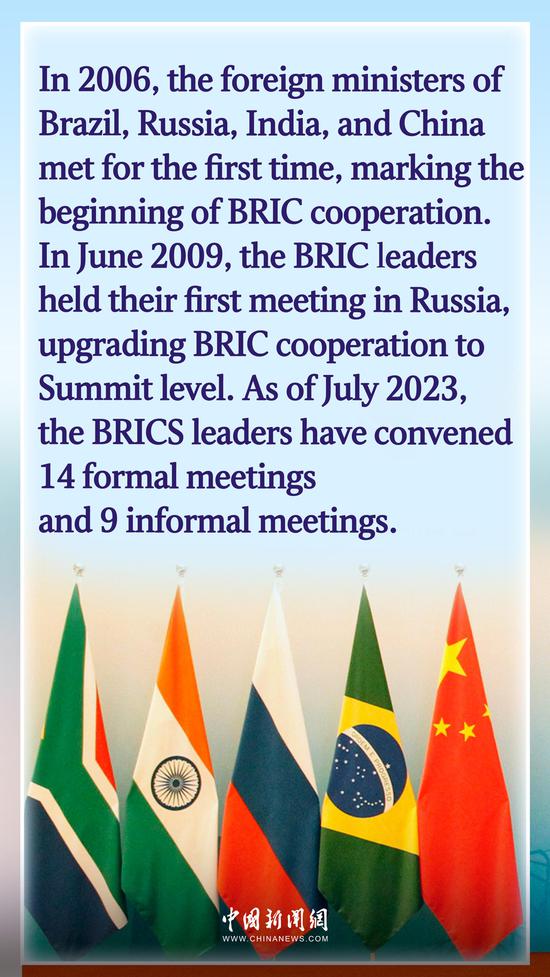
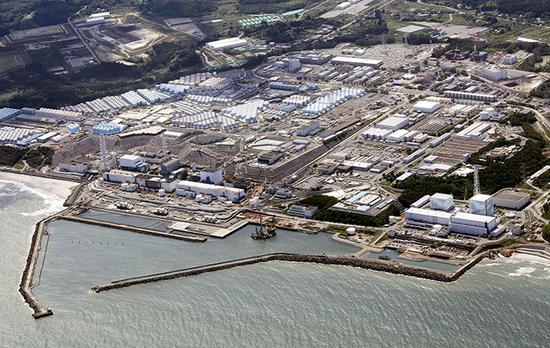

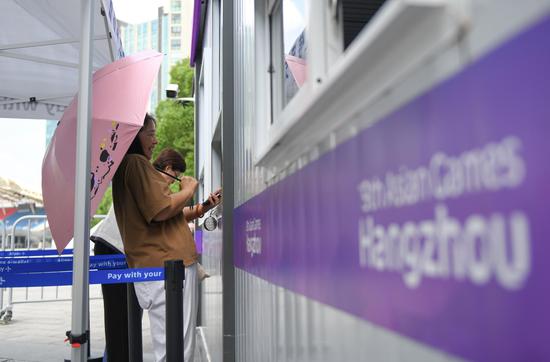



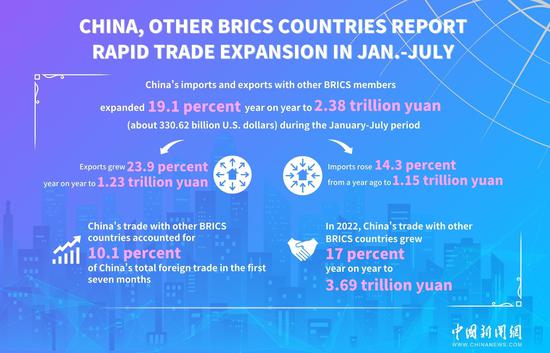



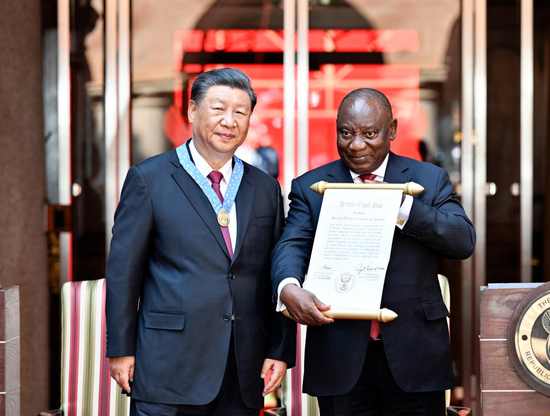






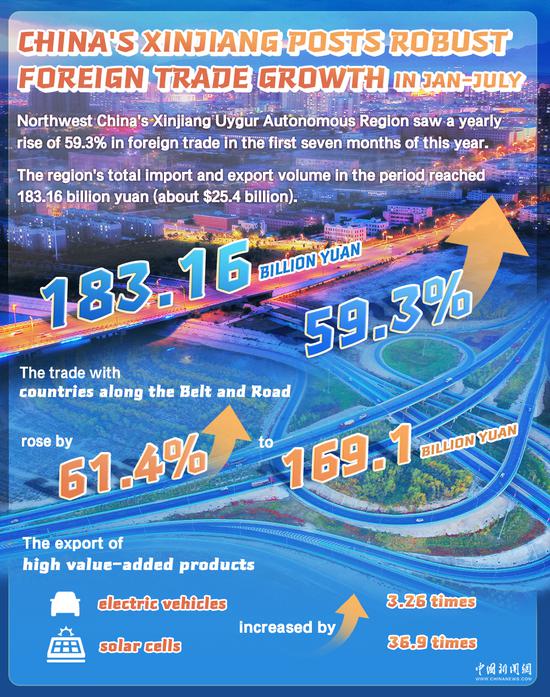
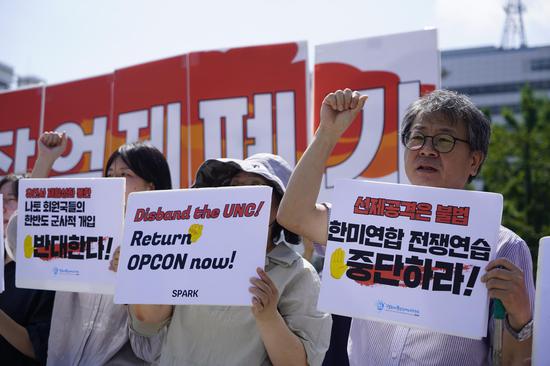











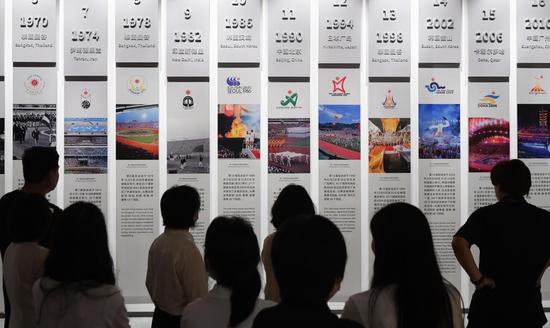










 京公网安备 11010202009201号
京公网安备 11010202009201号